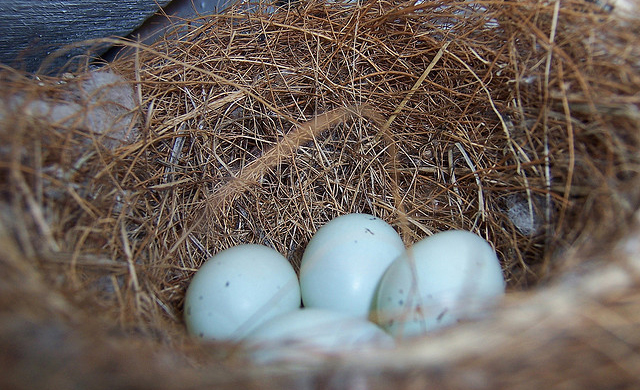The commonplace concern is that you have too many eggs in one basket. But Philip Fisher, the intellectual leader of the growth investing school, was more concerned with the other extreme. This is the disadvantage of having eggs in so many baskets that a lot of the eggs do not end up in really attractive baskets.

Furthermore it becomes impossible to monitor all the eggs. Fisher was appalled that investors were persuaded to spread their funds between 25 or more shares, thinking that it is impossible for a person to keep track of so many companies in a satisfactory manner.
In reality the real problem for investors is finding enough outstanding investments, rather than choosing among too many. He dismissed those people who fill their portfolios with a very long list of securities as share punters unsure of themselves, rather than it being a sign of their brilliance.
The investor has to keep in touch with management teams directly or indirectly. He/she cannot do this when looking after holdings in dozens of companies. Over-diversification will lead to a worse performance than if the investor had owned shares in too few companies.
Having said this, an investor should always realise that some mistakes are going to be made and that he/she should have sufficient diversification so that an occasional mistake will not prove crippling.
However, beyond this point he/she should take extreme care to own not the most, but the best. In the field of share investing it is better to hold a few of the outstanding rather than a little bit of a great many.
Conventionally managed funds….To read more subscribe to my premium newsletter Deep Value Shares – click here http://newsletters.advfn.com/deepvalueshares/subscribe-1


















